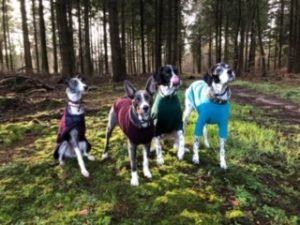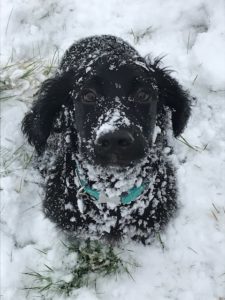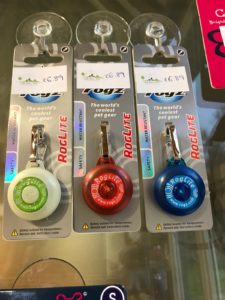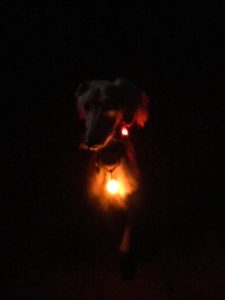Here’s our top tips for keeping you dog safe during the Winter months.
Keep them Warm and Dry
It is especially important to rinse and dry off muddy dogs after walks. Ensuring that the wet mud has been removed and the fur dried off before returning them to their cosy bed, will mean your dog won’t be lying in a wet bed for the rest of the day. You can help by choosing a location for their bed away from any drafts, if you have underfloor heating this can help keep your pets’ super cosy by placing their bed in the room with it.
Keeping warm on walks.
Have a think about what you are wearing when you venture out on your walks.  Yes, pets have fur and they are running around so you’d think they are warm, however if you have a fine-coated dog this may not be the case. There are a variety of dog coats available on offer now from cosy fleece ones to waterproof ones. You can even get drying coats for after the walk when they are back in the boot – a brilliant accessory for those dogs crazy enough to swim in all weather!!
Yes, pets have fur and they are running around so you’d think they are warm, however if you have a fine-coated dog this may not be the case. There are a variety of dog coats available on offer now from cosy fleece ones to waterproof ones. You can even get drying coats for after the walk when they are back in the boot – a brilliant accessory for those dogs crazy enough to swim in all weather!!
Check for Snow between their toes.
Ok so it doesn’t snow here very often but when it does…….
Please check your dog’s paws and dry them thoroughly after they have been outside. Sometimes warm water can help melt the snowballs in between their toes. Long haired dogs are more prone to getting the ice balls between their toes. These can be very sore. Sometimes trimming the hair between their toes is a good idea if this is something, they have trouble with. If this is something you don't feel happy doing or unsure on how to do these, why not book in for a visit with one of our Nurses.
Check for salt and grit between their toes.
With colder nights comes salt and grit on the roads and car parks. A quick rinse of your dog’s feet when returning home from a walk can remove any salt and grit hidden between their toes or on their pads. It can be bad if they aren’t rinsed and then your pet starts licking and cleaning their feet!
Adjust their food if necessary.
If you find your dog isn’t getting as much exercise in the winter months due to the darker days or worsening weather, then it is advised to adjust their food accordingly to avoid weight gain. Our nurse clinics can help with this if you are unsure how much to reduce by.
Make your dog Visible.


As the darker nights creep in, you can find yourself walking back in the dark at the end of a walk or as you set off in the morning before the sun comes up. Attaching a flashing light to your pets’ collar or having a high visibility collar ensures that they can be seen by other walkers, traffic and you their owners in reduce visibility. We have some lights that attach to your dogs collar in stock
Recall, Recall, Recall.
With the winter months bringing darker mornings and afternoons, along with fog, mist and potentially snowy conditions. If you’re letting your pet off the lead, a good recall is essential to avoid them getting lost. It is also a really good time to check collars for the id tags and check your microchip details are up to date with the correct information. If you think your pets microchip details aren't up to date - be it a change in mobile number or that you have moved house, then get in touch with us on 01483 455355 or email
Don’t Leave them in the car.
Now we aren't talking about it being too hot this time. Cars in the winter don't hold warmth very well. It is always best to leave your dog at home or take them with you, rather than leaving them for prolonged periods of time in the car.
Look out for frozen lakes and rivers.
Avoid frozen water, it is impossible to know how secure the frozen surface is. Your pet could end up in trouble if the ice gives way and they can’t get out. If you think your pet would be tempted to jump in, use a lead or walk in a different area.




